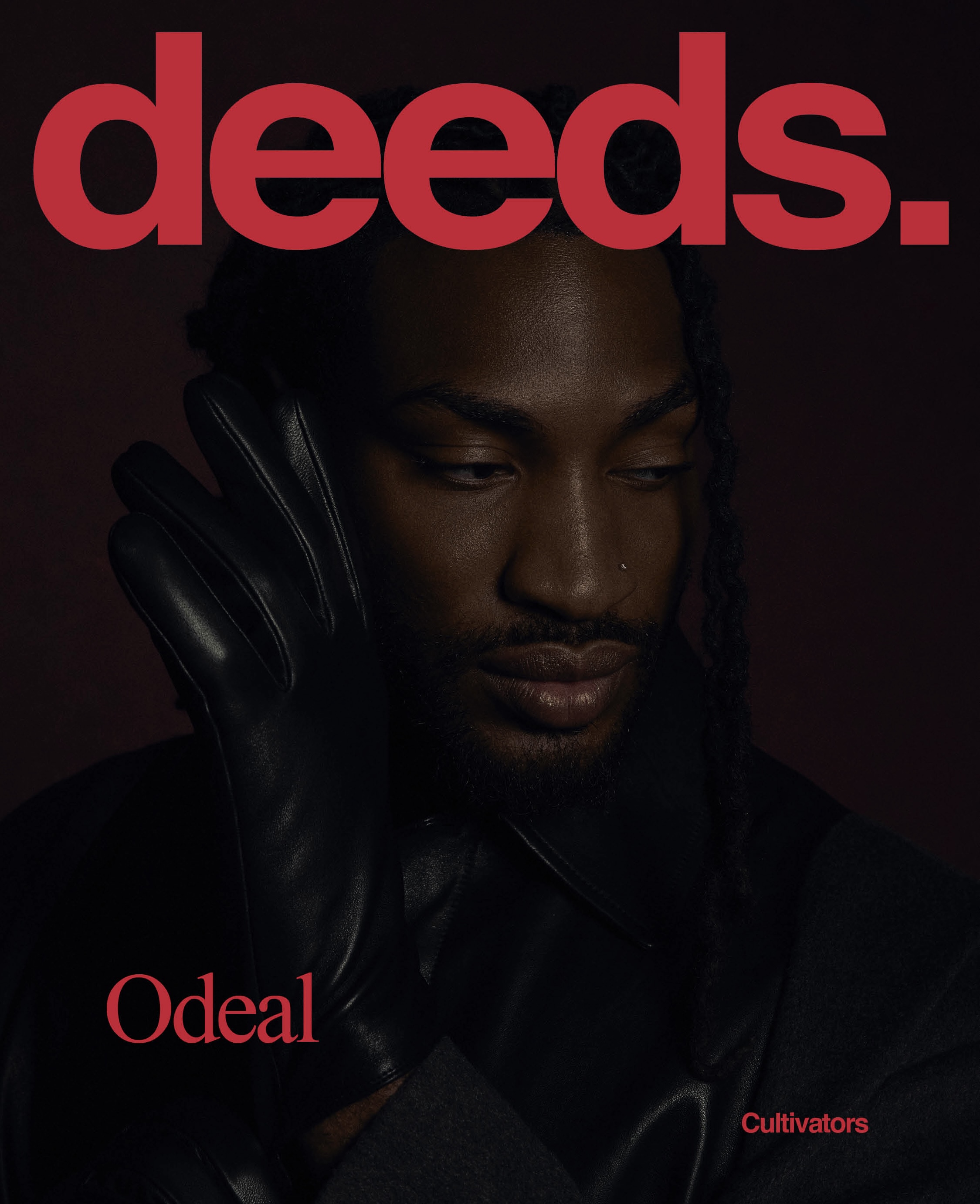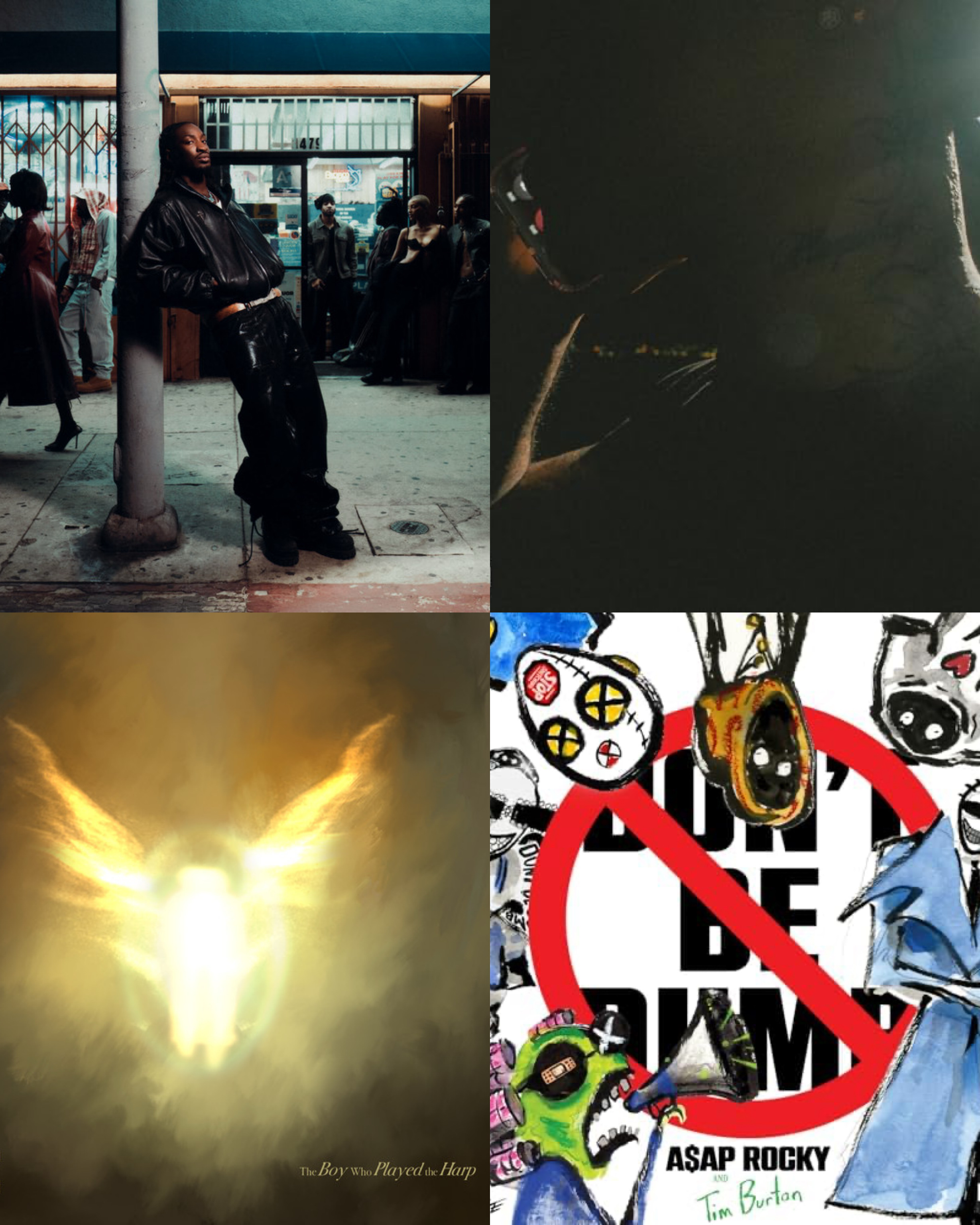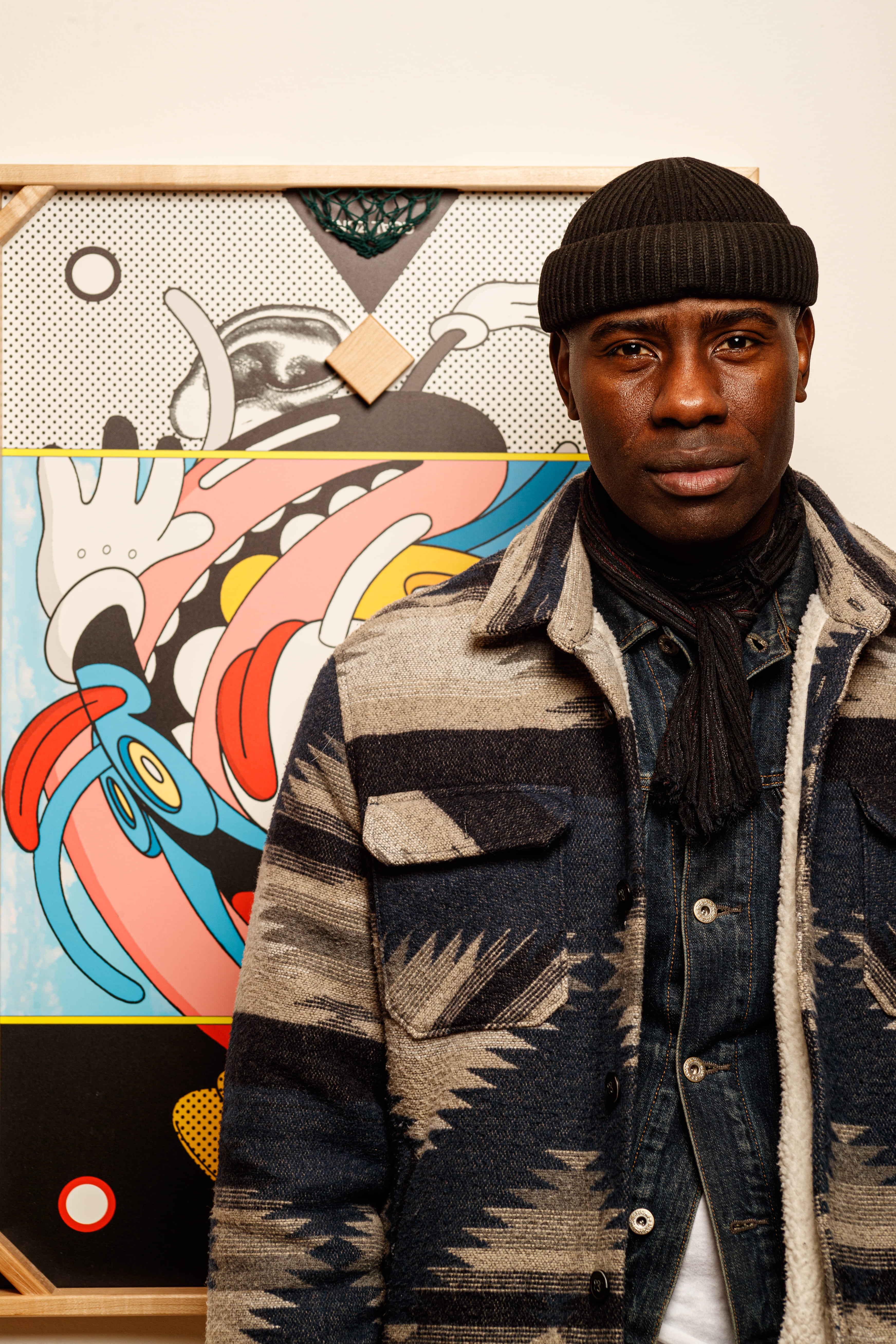For this edition of #ThroughMyLens, we spotlight Ugochi Ezekeke, a photographer whose work lives in the space between what’s seen and what’s felt. Through her lens, she invites us to slow down, observe, and notice the stories that often go unspoken.
.png)
When you’re behind the camera, how do you go beyond simply snapping a photo to tell a story in a single frame?
For me, the camera is basically a lens into how I see people. I’m always trying to capture something that feels real and true in that moment. It’s not just about the pose or the setting, but there’s always a split second where someone forgets they’re being watched and that’s what I usually look for. Whether someone is showcasing their energy, making a facial expression or just quite literally being themselves. My job is to notice what others miss and make it visible. That’s where I try to create a storyline between what’s seen and what’s felt.
.png)
• How has your personal journey or background shaped the way you approach photography?
I’m Nigerian, born in the U.S., but I’ve lived in Canada most of my life. Growing up between different cultures made me naturally observant. I’ve always been someone who watches how people move, how they interact, the energy in a room. Even back in grade 9, I was walking around filming random vlogs not for it to look cinematic or anything but just to hold onto what life felt like at the time.
.png)
That curiosity is still what drives me, especially in how I shoot concerts. I mostly work in live music, and I’m always chasing that feeling in the room; like the moment right before an artist comes on stage, when the crowd is buzzing but nothing’s happened yet. Or a split-second reaction the artist has when they’re looking at the crowd. Being able to capture a real moment before it disappears is very special.
My background taught me to pay attention to the small stuff. Photography just gave me the tool to turn that into something people can actually see.
.png)
• Do you have a guiding philosophy when it comes to your photography? What ideas or values drive you each time you press the shutter?
I try to create space for people to just be themselves. Whether I’m shooting a concert or in a studio, I’m not trying to control the moment, I’m just trying to capture it. As much as I do direct, I’ve learned that people open up when they feel safe and seen so I do whatever I can to make that happen.
For studio shoots, I always bring a speaker and let the person play whatever music makes them feel comfortable. It shifts the energy immediately. Once they’re in their zone, they don’t really focus on the camera anymore and that’s when the real images come through. That respect for people’s space is what guides everything I do.
.png)
• What has being a photographer taught you about yourself or even about life in general?
Photography has taught me how important it is to actually see people. Not just what they look like but how they move and what they’re feeling. Most people don’t get to drop the act in their day-to-day life. But when I'm taking a photo of them and they feel like they’re not being judged, there’s like this shift. You start to see who they really are and that’s the part I try to capture.
It’s also taught me to slow down. Life moves fast, but the camera forces you to pay attention to things you’d usually overlook. I think it has made me more present, and more intentional with how I move through life. As someone who’s naturally just curious about life there’s still so much to be seen and captured.
.png)
.svg)







.png)

